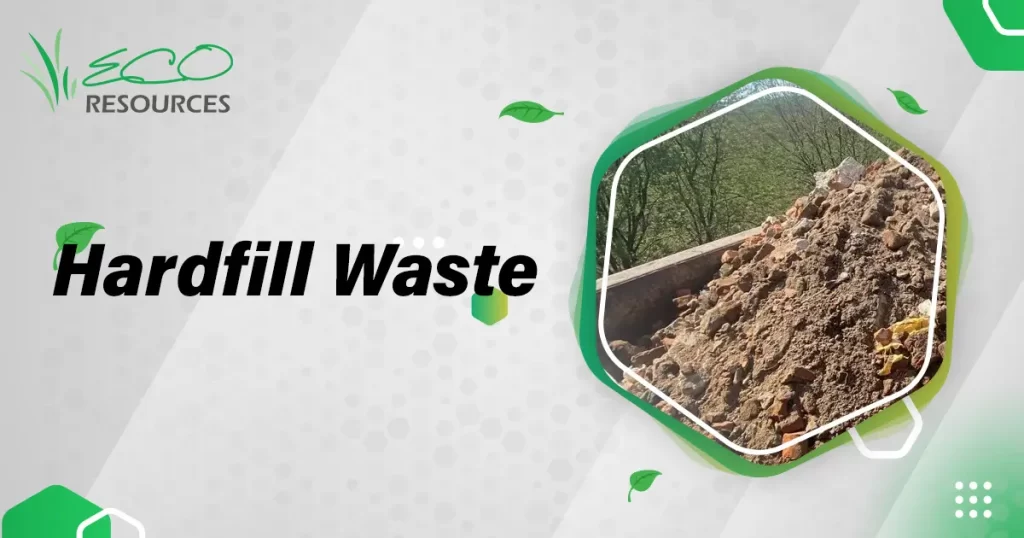

When you’re in the middle of a construction project or tearing down an old building, you’ll come across a lot of stuff you might not know what to do with. That’s where “hard fill waste” comes in.
Hard-fill waste (also known as hard rubbish) is all the clean and untouched stuff you see at construction sites, like concrete, bricks, stones, and ceramic tiles. But why is it such a big deal to handle this stuff correctly, and what can we do with it?
Picture a pile of smashed-up concrete, leftover bricks, and old tiles from a renovation gig. That’s a hard-fill waste.
It’s the good stuff we can reuse and recycle for future building jobs. Instead of tossing it in with the regular trash, hard-fill waste gets its special treatment because it’s valuable for construction.
The future looks bright for hard rubbish recycling. As technology improves, we’ll find even better ways to sort and reuse these materials.
By collaborating with construction companies, recycling facilities, and government agencies, we can build a better system for handling hard rubbish. ECO Resources, a leading waste management company in Perth, WA, plays a vital role in making this vision of sustainability a reality.
Turning what seems like just a heap of debris into something useful is a smart move. When we recycle hard rubbish like concrete, bricks, and tiles, we not only save money but also do our part for the environment and even boost job opportunities.
And hey, have you checked out the ECO waste price list in Western Australia? It might give you a good idea of how valuable these materials can be!
Next time you’re at a construction site, think twice before chucking out that busted brick or tile. It could kickstart something fresh and eco-friendly, like exploring our recycling services Perth.

Kristy Sumich is the owner and director of Eco Resources, a prominent waste management and recycling service in Western Australia. With deep industry knowledge and hands-on operational experience, Kristy is dedicated to providing sustainable solutions in waste management.
All rights reserved © Eco Resources. Website by Selling Online Made Simple. Sitemap.